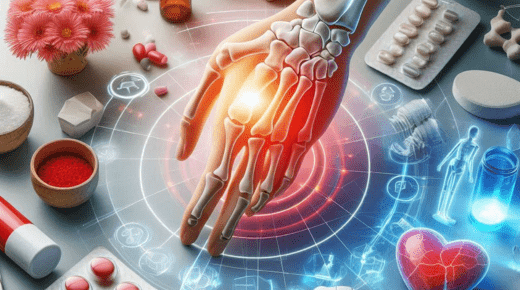The Role Of Hormonal Imbalances In Infertility – A Discussion With A Specialist

Today, we’re diving headfirst into a topic that often hides in the shadows – hormonal imbalances and their link to infertility. We will unmask this hidden culprit behind many cases of struggle in conceiving, and recurrent pregnancy loss. A specialist from Recurrent Pregnancy Loss Mountain View joins us to shed light on the issue. We will explore how these silent imbalances can impact fertility, alter body functions, and create hurdles in the path of starting a family. With their expertise, we aim to demystify the complex role hormones play in our ability to conceive.
Understanding Hormonal Imbalances
Hormones are like the body’s messengers. They control a myriad of functions – from our mood to our ability to conceive. But what happens when these messengers falter?
Imbalances occur when there’s too much or too little of a hormone in the bloodstream. Because hormones regulate most of our body’s major processes, a slight tip of the scale can have significant effects on our health – including our fertility.
The Link Between Hormonal Imbalances and Fertility
Many hormones play a role in the reproductive process. They tell the body when to release an egg, prepare the uterus for implantation, and maintain a pregnancy. When these hormones are out of balance, it can lead to difficulties in conceiving and carrying a pregnancy to term.
Common Hormonal Imbalances That Affect Fertility
We often think of estrogen and progesterone when discussing fertility. But other hormones like Follicle Stimulating Hormone (FSH), Luteinizing Hormone (LH), and Thyroid-Stimulating Hormone (TSH) also come into play. Each plays a crucial role in the intricate process of reproduction.
| Hormone | Role in Fertility |
| Estrogen | Regulates the menstrual cycle, and promotes the maturation of eggs. |
| Progesterone | Prepares the uterus for implantation, and supports pregnancy. |
| Follicle Stimulating Hormone (FSH) | Stimulates the growth of ovarian follicles in the ovary before the release of an egg. |
| Luteinizing Hormone (LH) | Triggers the release of a mature egg from the ovary. |
| Thyroid-Stimulating Hormone (TSH) | Regulates the body’s metabolism, and affects ovulation and menstrual cycles. |
Tackling Hormonal Imbalances
Addressing hormonal imbalances begins with understanding the problem. Tests can identify specific imbalances and guide treatment. Lifestyle modifications, medication, or fertility treatments can bring hormones back into balance and improve the chances of conception.
Parting Thoughts
Understanding hormonal imbalances can feel like unraveling a complex tapestry. But with knowledge, we can face this challenge head-on. By identifying and addressing these imbalances, we can improve our journey towards parenthood.




